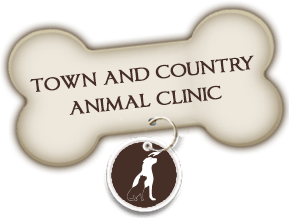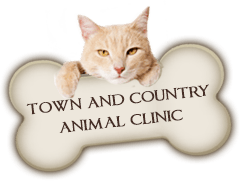
Fleas: Prevention & Control
In order to prevent and control fleas on your pet and in your home, it is necessary to understand the life cycle of the flea and what methods can be used to combat this parasite at each of its four life stages. Four Stages in the Life of a Flea Eggs: A single adult female flea may lay up to 300 eggs in her lifetime. These eggs are always laid on a host animal. When … Read More





